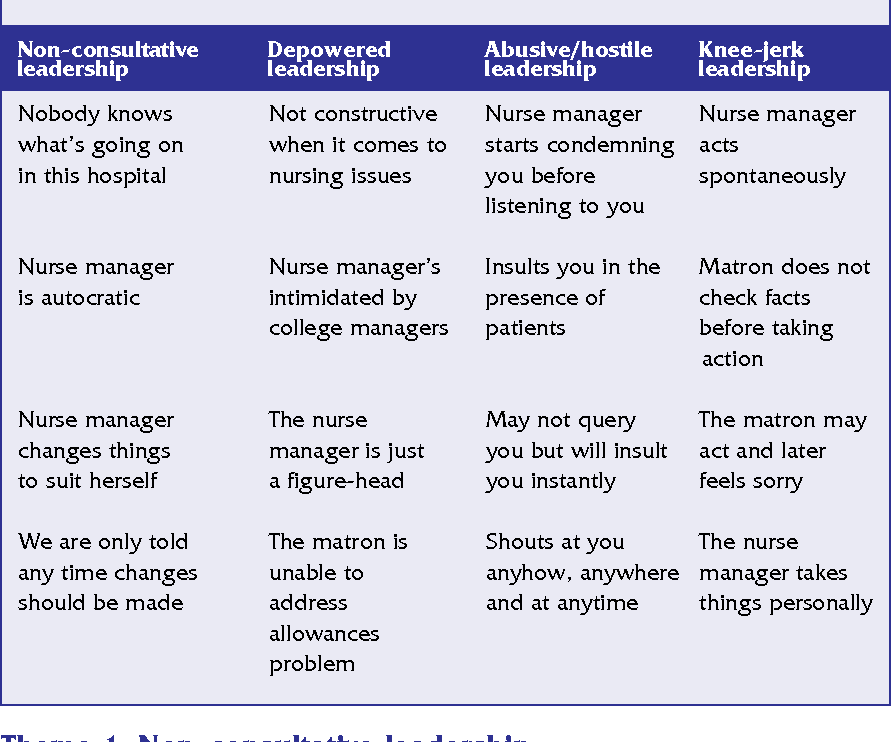You have probably heard the saying “dress for success,” but have you ever considered how your style choices could impact your nursing practice? In this article, we will explore the importance of nursing considerations for style management and how it can enhance your professional image and patient care. By carefully selecting your attire and accessories, you can not only convey competence and confidence but also promote a safe and hygienic work environment. Let’s dive into the world of style management in nursing and discover the benefits it can bring to your career.
Nursing Considerations for Style Management

Understanding the Importance of Style Management
When it comes to nursing, style management may not be the first thing that comes to mind. However, it is an important aspect of patient care that should not be overlooked. Style management refers to assisting patients in maintaining their personal style and appearance while they are receiving healthcare services. This can have a significant impact on a patient’s self-esteem, sense of identity, and overall well-being. Therefore, understanding the importance of style management in nursing is crucial.
Assessing Patient’s Style Preferences
To effectively manage style for patients, nurses must first assess the individual patient’s style preferences. This involves taking the time to understand the patient’s personal tastes, cultural background, and any specific needs they may have. By doing so, nurses can tailor their approach to style management, ensuring that they are meeting the patient’s unique needs and preferences. This assessment process may involve asking open-ended questions, observing the patient’s personal style choices, and actively listening to their concerns and desires.

Collaborating with Patients in Styling Decisions
A key aspect of nursing style management is collaborating with patients in the decision-making process. This means involving patients in discussions and decisions regarding their style choices. By actively including patients, nurses can empower them to take an active role in their own care and ensure that their preferences are respected. This collaborative approach fosters a sense of autonomy and promotes patient-centered care in which the patient’s individuality and preferences are valued.
Communicating Effectively with Patients about Style
Communication is a vital skill for nurses when discussing style management with patients. It is important to use clear and empathetic language when discussing style choices, as well as to actively listen to patients’ concerns and desires. Nurses should provide information about available options and support patients in making well-informed decisions. Additionally, nurses must ensure that communication is culturally sensitive and respectful, taking into account patients’ cultural beliefs and practices related to style.

Providing Emotional Support in Style Management
Style management can sometimes have emotional implications for patients. For example, patients undergoing treatment for a chronic illness or physical injury may experience changes in their physical appearance that can impact their self-image. In these situations, nurses play a crucial role in providing emotional support to patients. This may involve actively listening to their concerns, validating their feelings, and providing reassurance. Additionally, nurses can help patients explore alternative style options that can enhance their self-confidence and overall well-being.
Promoting Cultural Sensitivity in Styling
Cultural sensitivity is an essential aspect of nursing that extends to all areas of patient care, including style management. Nurses must be aware of and respect the diverse cultural backgrounds and beliefs of their patients when assisting with style choices. This includes understanding cultural norms surrounding style, such as modesty considerations or the significance of particular clothing or accessories. By promoting cultural sensitivity, nurses can ensure that patients’ cultural identities are honored and respected throughout the style management process.

Ensuring Patient Safety in Styling Procedures
While style management focuses on enhancing a patient’s appearance, it is crucial to prioritize patient safety throughout any styling procedures. Nurses should be knowledgeable about infection control protocols and take necessary precautions to prevent the spread of pathogens. Additionally, they should consider any physical limitations or medical conditions that may affect the patient’s ability to participate in certain style procedures. By prioritizing patient safety, nurses can provide care that is both aesthetically pleasing and medically appropriate.
Considering Ethical and Legal Aspects of Styling
Ethical considerations are an integral part of nursing practice and should not be overlooked when it comes to style management. Nurses must respect patient autonomy and privacy when discussing style choices. This means obtaining informed consent before performing any styling procedures and respecting the patient’s right to refuse or modify their style preferences. Additionally, nurses must be aware of legal considerations related to style management, such as patient confidentiality and privacy laws, to ensure that they are providing care within the boundaries of the law.

Maintaining Documentation in Style Management
Proper documentation is essential in all areas of nursing practice, including style management. Nurses should document any discussions, decisions, and procedures related to style in the patient’s medical records. This documentation serves as a reference for future care providers and ensures continuity of care. Additionally, it can serve as evidence of patient-centered care and adherence to ethical and legal standards.
Educating Patients about Style Management
Patient education is vital in empowering patients to take an active role in their own care. Nurses should provide education to patients about style management, including the importance of maintaining personal style, available options for style choices, and any safety considerations. By educating patients, nurses can help patients make informed decisions about their style and ensure that their style preferences align with their overall health and well-being.
In conclusion, style management is an important aspect of nursing care that focuses on helping patients maintain their personal style and appearance while receiving healthcare services. By understanding the importance of style management, assessing patient preferences, collaborating with patients, communicating effectively, providing emotional support, promoting cultural sensitivity, ensuring patient safety, considering ethical and legal aspects, maintaining documentation, and educating patients, nurses can provide comprehensive care that enhances both the physical and emotional well-being of their patients.